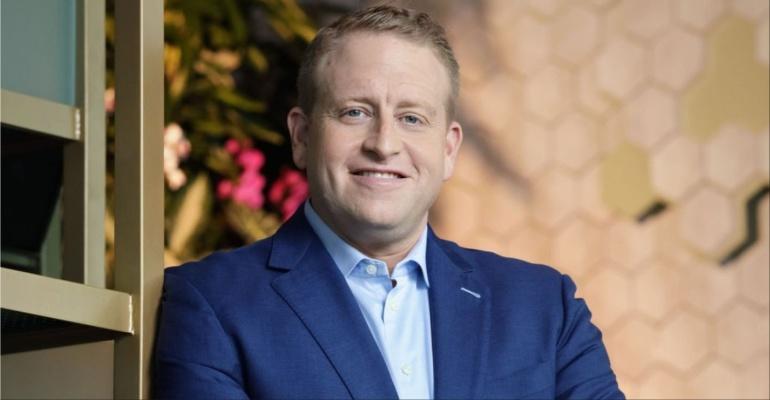Speaking at CLIA Cruise Week in Genoa in Italy this week Liberty, who is also president and CEO of Royal Caribbean Group, said: ‘Huge investments by companies are the foundation of our zero emissions future, but it's not enough. Collaboration between our industry, world leaders, stakeholders and institutions is crucial to ensuring that sustainable marine fuels are available, reliable and usable at scale. We want to strengthen our partnership with ports, governments and communities to fully realize the ecological transition of the maritime sector.’
To achieve the European Union decarbonisation objectives for 2030, at least 44,000t of sustainable fuels will be needed as early as 2025.
A concrete proposal from CLIA is to reinvest the proceeds of the EU Emissions Trading System (ETS) in a fund dedicated to the development of green fuels and port infrastructure.
Building greener ships
The CLIA leadership team said cruise lines are investing €34b over the next five years to build 55 ships embracing greener technologies, while collaborating with fuel producers and investing in new propulsion technologies.
CLIA asked for support from governments to accelerate the environmental transition in the maritime sector by setting more ambitious goals for the production of biofuels and synthetic carbon-based fuels.
New study
Also during CLIA Cruise Week, a research study was announced to identify – precisely and in detail for each geographical area – the amount of investment needed in fuels, technologies and routes to achieve decarbonisation by 2050.
Copyright © 2024. All rights reserved. Seatrade, a trading name of Informa Markets (UK) Limited.
Add Seatrade Cruise News to your Google News feed.  |

